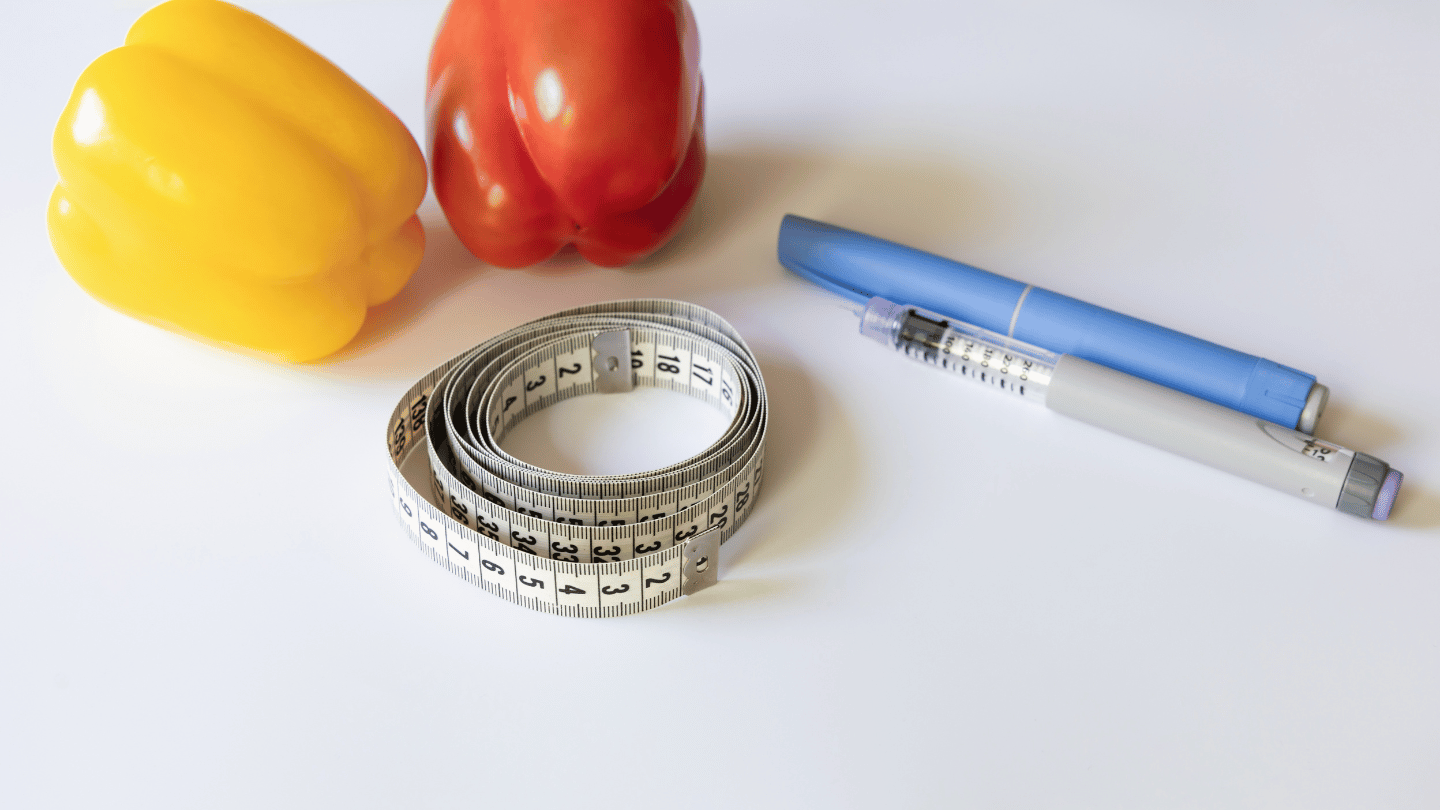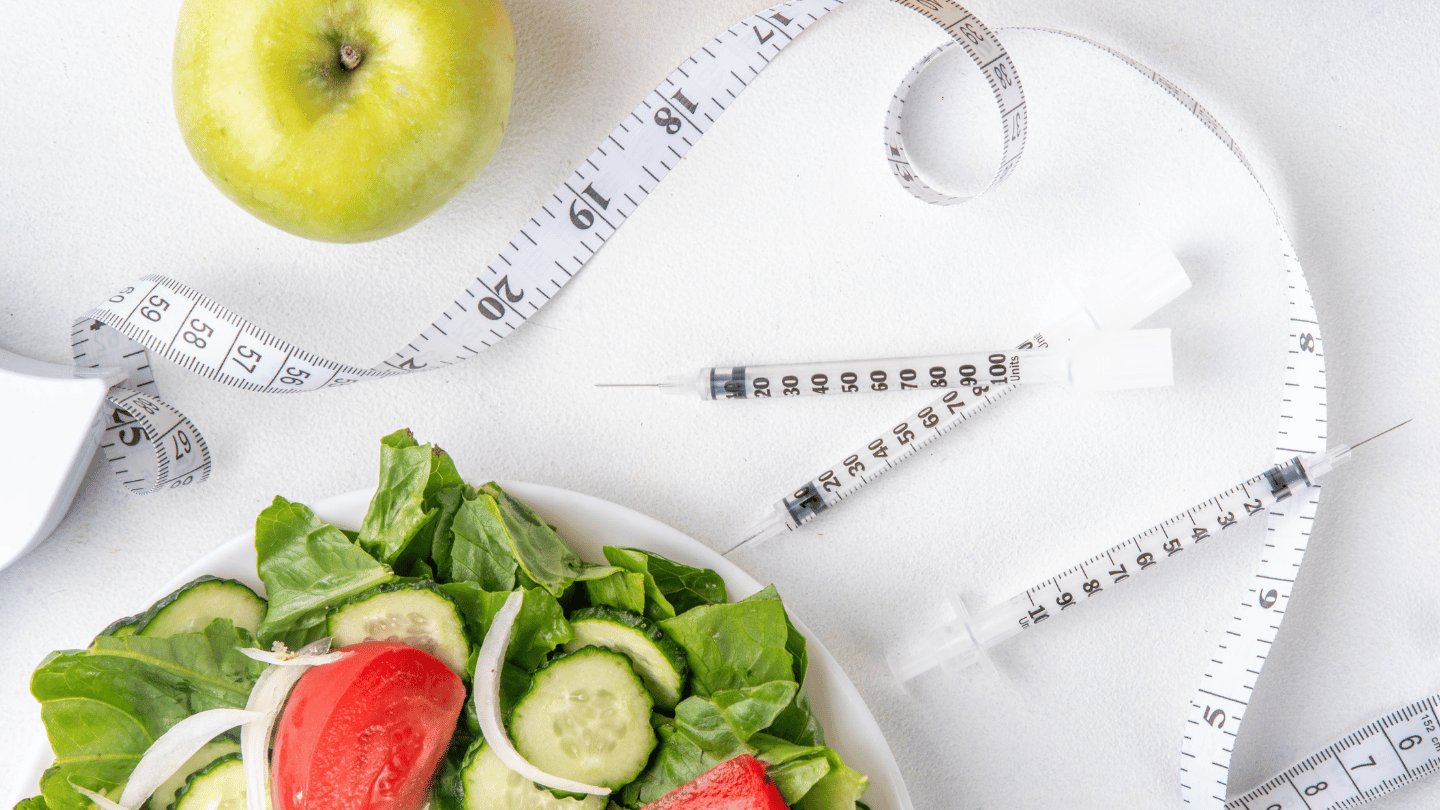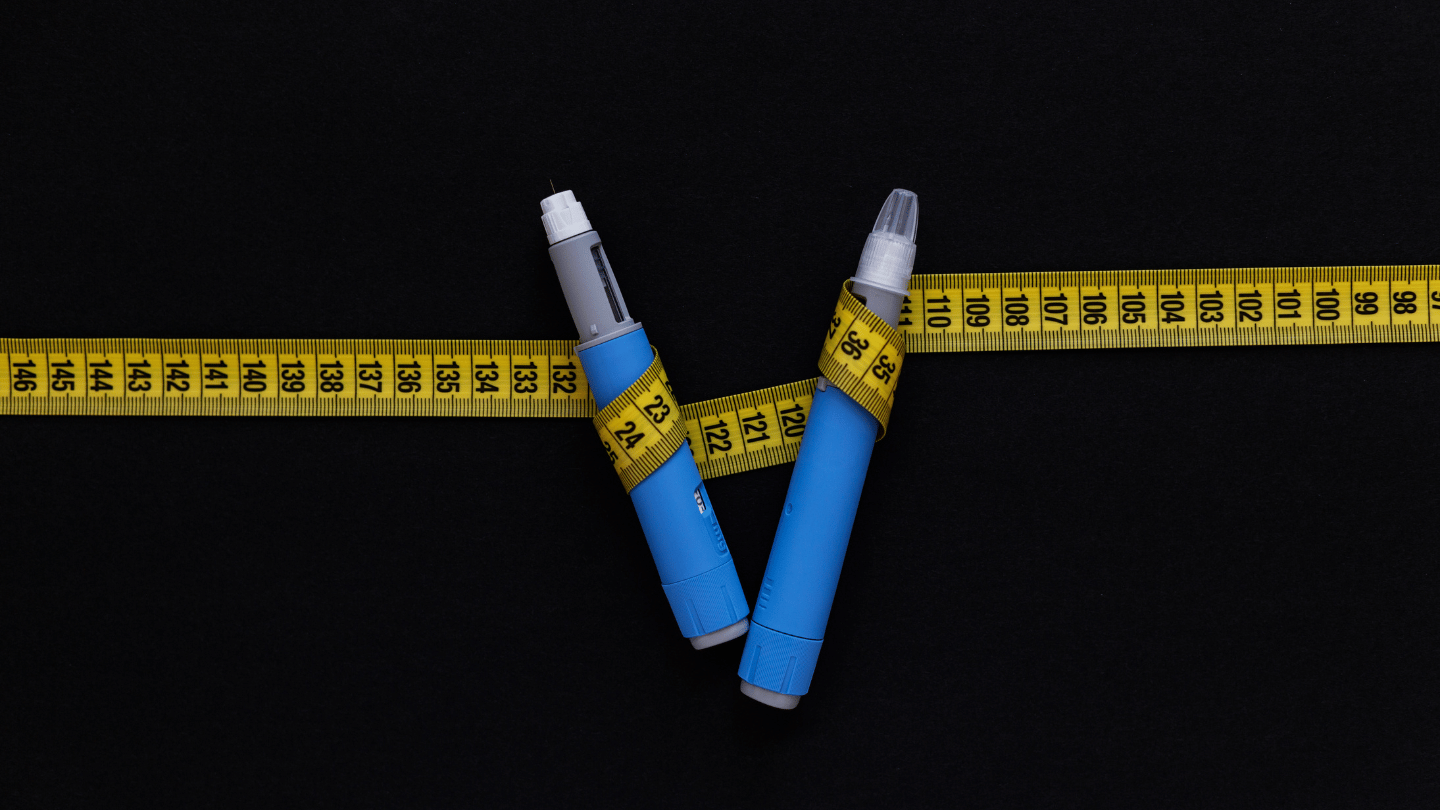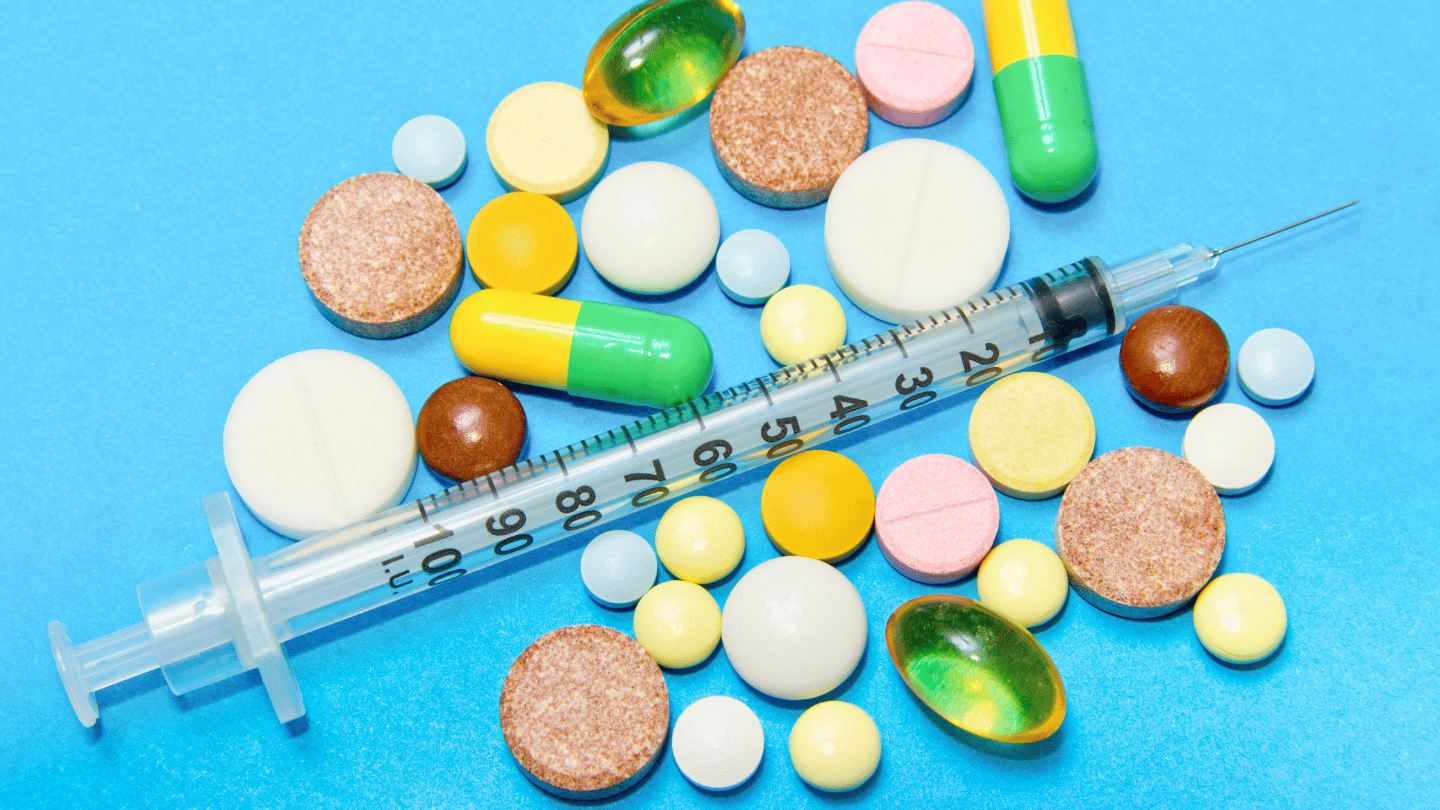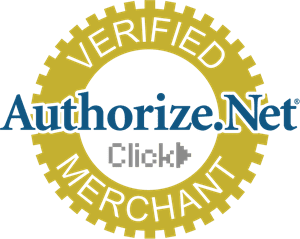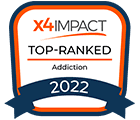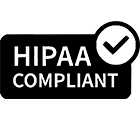When you choose to nourish your body with the natural superpowers that plants provide, known as phytonutrients, you’re taking a proactive step toward good health. Nutritionists advocate for a diet rich in fruits and vegetables, as these natural sources of vitamins and minerals are superior to factory-made pill versions. But are multivitamin supplements good for you?
Are Vitamin Supplements Bad for Me?
Recent research from Australia has raised concerns about the efficacy of many supplements, with some even showing potential harm. Let’s delve into the specifics of this study’s findings to understand the potential risks associated with vitamin supplements.
Researchers combined the results of 179 studies, analyzing them as if they were one large study (meta-analysis). Four popular supplements supplying vitamins C and D and calcium showed no reduction in heart disease or stroke but no harm either. (Calcium is given to prevent weak bones; vitamins C and D are included to help calcium absorption.) Supplements containing vitamin D alone showed no reduction in early death, although further time may be needed to find any possible benefits.
Benefits and Risks of Specific Vitamins
On the other hand, folic acid (vitamin B9) showed a slight reduction in heart disease and stroke in certain populations. In a well-designed study of 20,000 Chinese individuals, stroke was reduced. However, it should be noted that breads and breakfast cereals in China are not supplemented with folic acid, as they are in the United States and Australia. A total of 111 people would have to take folic acid supplements to prevent one case of heart disease, and 167 people would have to take the supplement to prevent one stroke. On the negative side, there was some indication that folic acid supplementation could be associated with prostate cancer.
Some supplements were actually associated with an increased risk of early death. Among patients being treated with statins for lowering blood cholesterol levels, supplementation with vitamin B3 (niacin) raised the risk of premature death by 10%. A total of 200 patients taking statins would have to take niacin before one case of early death took place.
How Can I Get More Vitamins Naturally?
To get folate from nature, eat green leafy veggies, legumes (beans), seeds, eggs, cereals, and citrus fruits. Niacin is found in good quantities in milk, eggs, whole grains and cereals, nuts, leafy green veggies, and high-protein foods.
Are Multivitamin Supplements Good for You? The Bottom Line
Remember, the vitamin industry is a billion-dollar business that relies on people like you to buy its products. Vitamin supplements may be helpful if your diet is not balanced (this may include vegan or vegetarian diets or diets without enough fruits or vegetables) or if you have any medical conditions that prevent your body from properly absorbing the vitamins in food.
Otherwise, try your best to fuel your body naturally.
While multivitamin supplements can be beneficial in certain situations, the best way to ensure your body gets the nutrients it needs is to rely on a diet rich in fruits, vegetables, and other natural sources. If you have concerns about your vitamin intake or dietary balance, it’s essential to consult with a healthcare professional. QuickMD offers telemedicine consultations to help you assess your nutritional needs and guide you toward a healthier lifestyle. Contact a QuickMD provider today for personalized advice and support.




